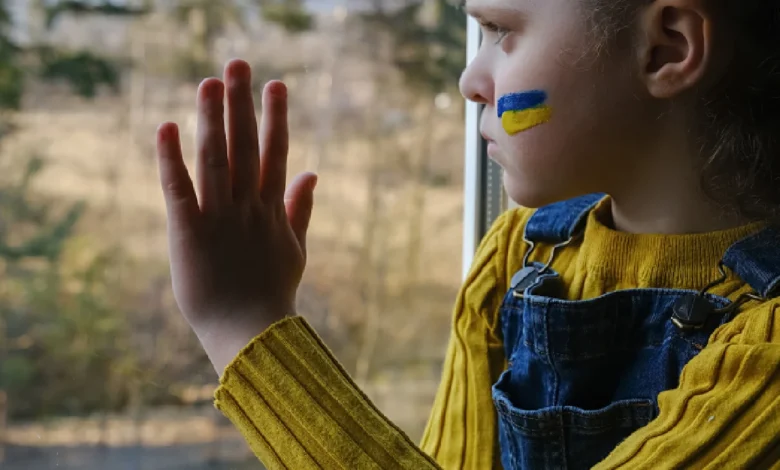Funding for the search for Ukrainian children abducted by the Russian Federation will not be restored, but their data will be protected: Mark Rubio

Among the biggest crimes of the Russian Federation is the systematic deportation of Ukrainian children. Not only their homes were taken from them, but also their names, language, memory and connection with their family. They became victims of a planned campaign of assimilation and destruction of national identity. And while Ukraine is fighting for every child, for every returned name, world aid, which just yesterday seemed like a firm support, is beginning to falter. After the reduction of the federal budget in the USA, the funding of the Conflict Observatory program, which was engaged in documenting the facts of the forced deportation of Ukrainian children to Russia, was stopped. Later, a number of media outlets reported on the alleged renewal of support for this initiative. However, US Secretary of State Mark Rubio denied these reports, stressing that there will be no restoration of funding.
“The program is not funded”: What Rubio said
The Conflict Observatory initiative involved the creation of a large-scale database of Ukrainian children who were forcibly deported from the occupied territories to Russia. The project was worked on by researchers from the Humanities Research Laboratory of Yale University, who collected a dossier with personalized data about each child. A significant part of these children was transferred to Russian foster families or adopted. Funding for the program was provided by the US State Department.
Speaking to reporters on his way to Miami on Friday, US Secretary of State Marco Rubio confirmed that funding for the initiative to find kidnapped Ukrainian children would not be restored. It is about the work of the Humanities Research Laboratory of Yale University (Yale HRL).
“The data is secure. We’ve secured the data. We’ll turn it over to the appropriate party. We’ve secured it. And we’ll be able to say that next week. We’ve already communicated that. If we haven’t, we’re going to notify Congress.” – Rubio said
This means that the initiative no longer operates in the format that allowed real-time identification, tracking and recording of the facts of the illegal movement of Ukrainian children. However, the collected base remained, and the American side assures that the information will not disappear and will be transferred to those who will continue this work.
30 thousand names — without a search engine
Ukrainian children were forcibly deported to the territory of the Russian Federation and the temporarily occupied Crimea. Some of them are in so-called “re-education” camps, some were given to Russian foster families, many were deprived of their documents, entered into Russian registers, and changed their citizenship.
The Yale University team, in cooperation with Bring Kids Back UA, was able to establish the exact location of the children, identify the Russian institutions that participated in the crime, and also collect testimonies about how these children were subjected to pressure, forced Russification, and in some cases, physical or psychological violence. Later, fears appeared in the public space that with the termination of funding, the operational possibility to continue identifying and recording new cases disappeared. In addition, the termination of funding may lead to the loss of data on about 30,000 Ukrainian children who were deported by Russia from the occupied territories.
And although the US promises to transfer the existing data to the “appropriate party”, and the data itself, according to Rubio, “is not in danger”, human rights activists sound the alarm – without an active monitoring system, these names can turn into an archive, and the archive does not save lives. A number of American lawmakers from the Democratic Party have announced their intention to appeal to the administration of US President Donald Trump with a demand to resume the program that allows tracking the fate of abducted children, as well as to introduce sanctions against those involved in the violation of their rights.
For Ukraine, the issue of returning children is a strategic goal. Each deported child is a blow to national identity, to the future, to demography. It is also an element of hybrid warfare, when the enemy tries to appropriate not only territories, but also generations.
Ukraine has its own mechanisms for collecting data and returning children, but without international support, these efforts lose strength. That is why the funding of such initiatives as the one at Yale University is of fundamental importance. Because we are not talking about a bureaucratic line in the budget. We are talking about thousands of real children, from whom it is still possible to return not only documents, but also the right to be a Ukrainian. And that is why this story has no right to end with the phrase “the program is not funded.”





